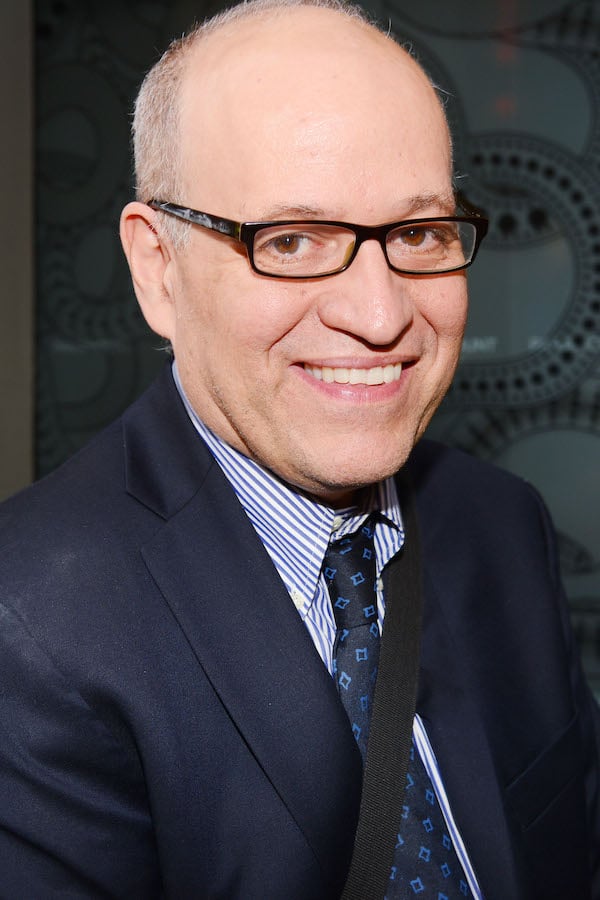
Photo: © 2014 Patrick McMullan Company, Inc.
Tom Finkelpearl, head of New York City’s Department of Cultural Affairs (DCLA), is undertaking to make the leadership and staff of Gotham’s cultural institutions less lily-white. The department announced today a diversity initiative that will begin by assessing the demographic makeup of the employees at New York’s cultural organizations, followed by policy recommendations. The survey is still being designed, and no budget for the initiative has yet been announced.
It’s among the first big initiatives by Finkelpearl, who started in his post in April and who talked to artnet News in September about some of his plans, including making New York more affordable for artists and re-thinking how DCLA funds New York’s cultural organizations. Before taking up his post at DCLA, Finkelpearl served for 12 years as director of the Queens Museum.
If you look at the staff at museums across the nation, it’s an overwhelmingly monochrome group, being nearly 80 percent white, according to an analysis of 2009 Census data by the American Alliance of Museums, the Wall Street Journal has noted. As for New York, only a third of the city’s residents identify themselves as white, and nearly 40 percent are foreign-born.
The first step in the diversity initiative will be to convene a discussion this month at the New York headquarters of the Ford Foundation. Among the invitees are Brooklyn Museum director Arnold Lehman, Nelson-Atkins Museum director Julian Zugazagoitia, and Andrew W. Mellon Foundation vice president Mariet Westermann.
Diversity in audiences for fine art came in for some close attention over the last year. For example, Colorlines editor Jamilah King’s essay “The Overwhelming Whiteness of Black Art” pointed out that not only are non-white people in the minority among museum visitors, but they are increasingly so. “Slightly more than 68 percent of America’s population is white but 80 percent of museum visitors are, according to data from the National Endowment for the Arts,” King writes, and while museums have seen dramatic increases in attendance in recent years, King quotes the study “Demographic Transformation and the Future of Museums” as pointing out that “between 1992 and 2008, the gap between the percentage of white and non-white Americans who visit art museums grew steadily.” The 2014 Whitney Biennial, often referred to by detractors as the Whitey Boyennial, was the target of a well-received jeremiad at the New Inquiry. (Both these essays were included in Ben Davis’s roundup of the most important art essays of 2014.)
Finkelpearl’s effort comes a year after the United Negro College Fund and the Association of Art Museum Directors initiated a nationwide program intended to boost diversity. That $100,000 program is placing college juniors from historically black colleges and universities in paid semester-long internships at institutions including the Philadelphia Museum of Art and the Dallas Museum of Art. Announcing that program, AAMD executive director Christine Anagnos said that “fewer than five percent of our 220 member art museums have minorities in senior management positions.”